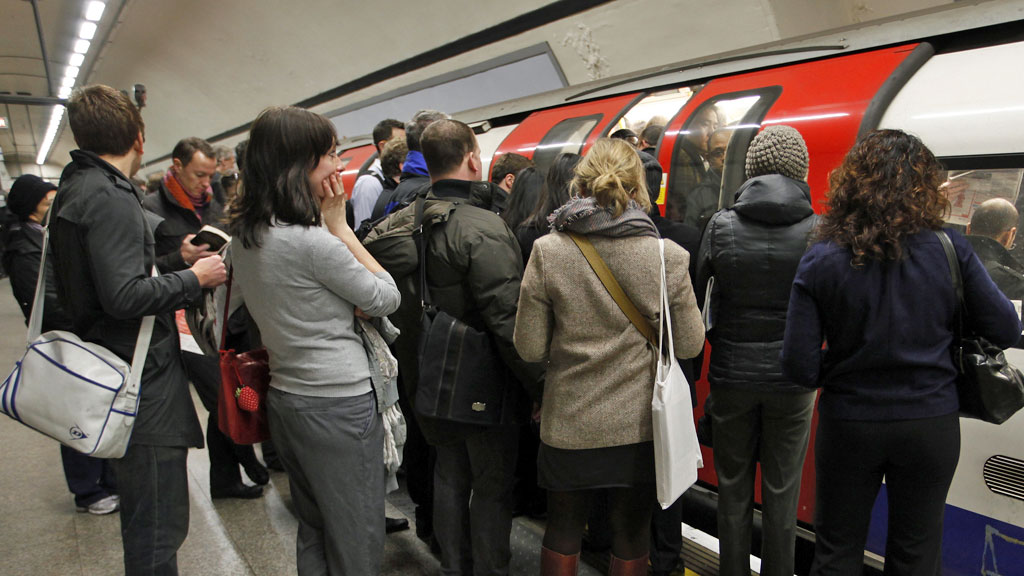UK wages drop among worst in Europe
Wages in the UK have suffered one of the sharpest falls in the EU, lower than some eurozone crisis hit countries, House of Commons library figures have revealed.

A 5.5 per cent reduction in average hourly wages since 2010, adjusted for inflation, means British workers have felt the squeeze more than workers in countries harder hit by the eurozone crisis like Spain, which saw a drop of just 3.3 per cent.
In Cyprus, salaries fell by 3 per cent in real terms and only the Greeks, Portuguese and Dutch had a steeper decline, the analysis showed.
Working people are not only worse off under the Tories we’re also doing much worse than almost all other EU countries
Shadow Treasury minister Cathy Jamieson
In Germany wages rose by 2.7 per cent during the same period and in France there was a 0.4 per cent increase.
‘Cost of living crisis’
Shadow Treasury Minister Cathy Jamieson said: “These figures show the full scale of David Cameron’s cost of living crisis.
“Working people are not only worse off under the Tories we’re also doing much worse than almost all other EU countries.
“Despite out of touch claims by ministers, life is getting harder for ordinary families as prices continue rising faster than wages. People on middle and low incomes have also seen tax rises and cuts to tax credits, while millionaires have been given a huge tax cut.”
The economy is on the mend, but we’ve still got a long way to go as we move from rescue to recovery and we appreciate that times are still tough for families. Treasury
She claimed that Labour would help middle and low income families with a lower 10p starting rate of tax and action to tackle “soaring energy bills”.
Workers in the UK will have lost £6,660 by the time of the next election and incomes will be £1,520 lower in real terms in 2015 than in 2010 according to Labour analysis of forecasts.
‘On the mend’
David Cameron’s 35 consecutive months of falling real wages is worse than any other prime minister on record.
James Callaghan is the only prime minister on record to have overseen more than a year of constantly falling real wages, Labour analysis of Office for National Statistics figures showed.
A Treasury spokeswoman said: “The economy is on the mend, but we’ve still got a long way to go as we move from rescue to recovery and we appreciate that times are still tough for families.
“We are on the right track, the deficit is down by a third, over one and a quarter million new private sector jobs have been created, and interest rates are at near-record lows, benefitting families and businesses.